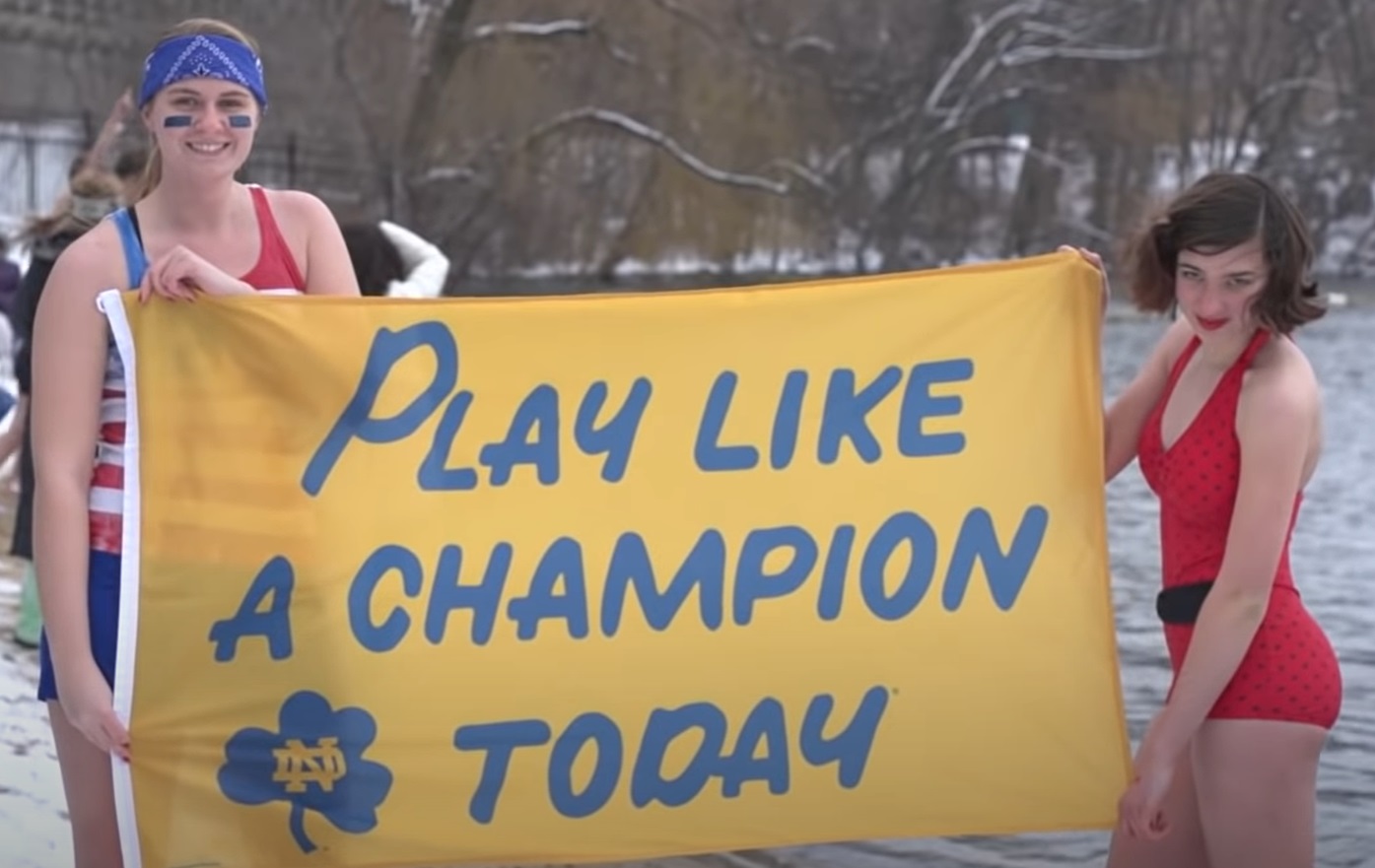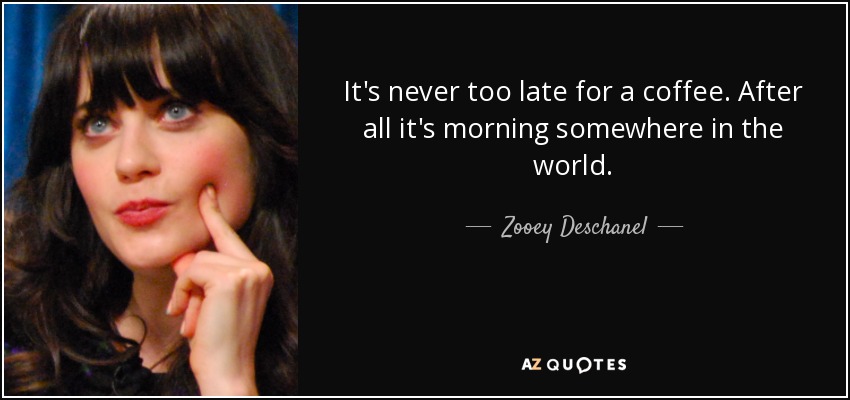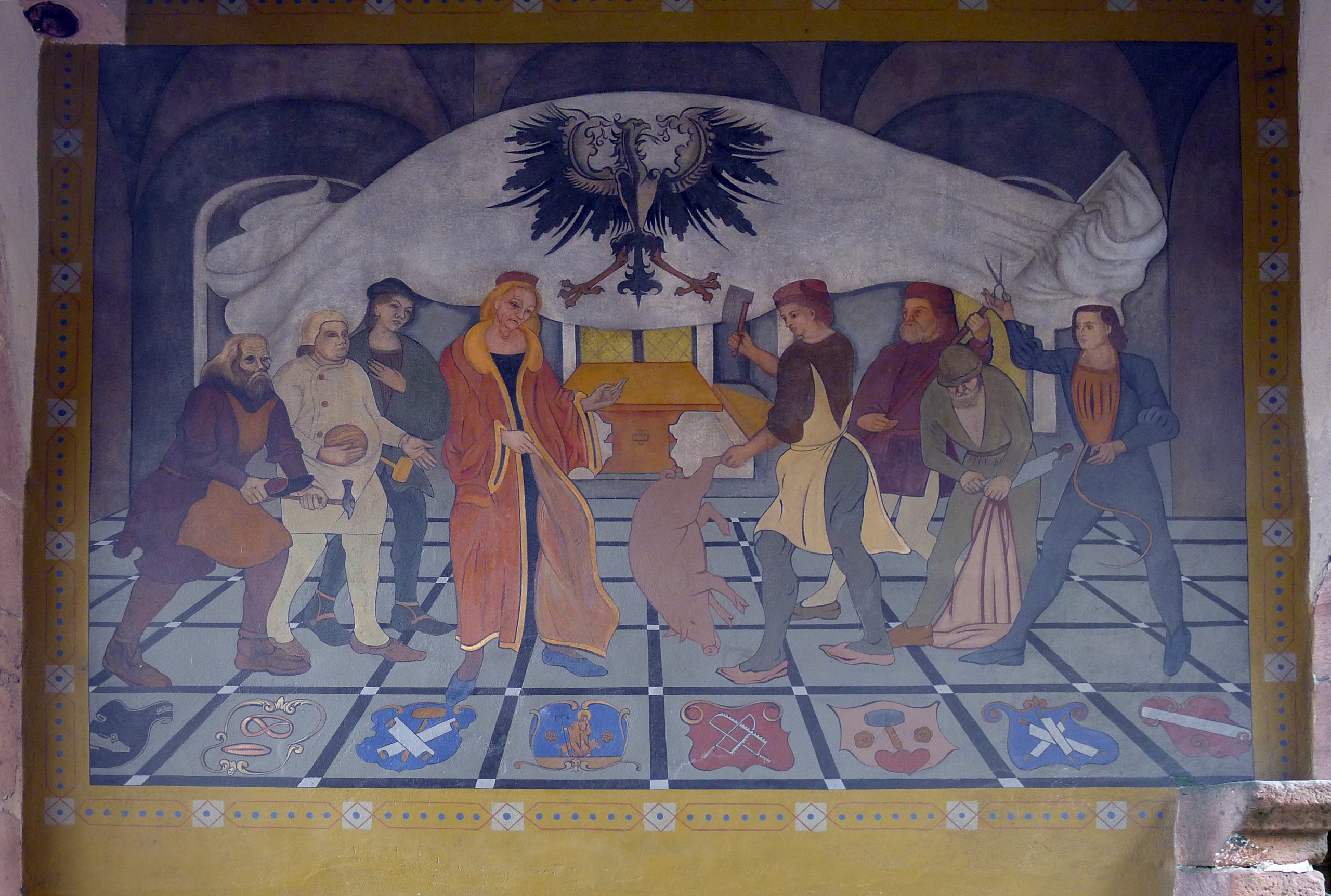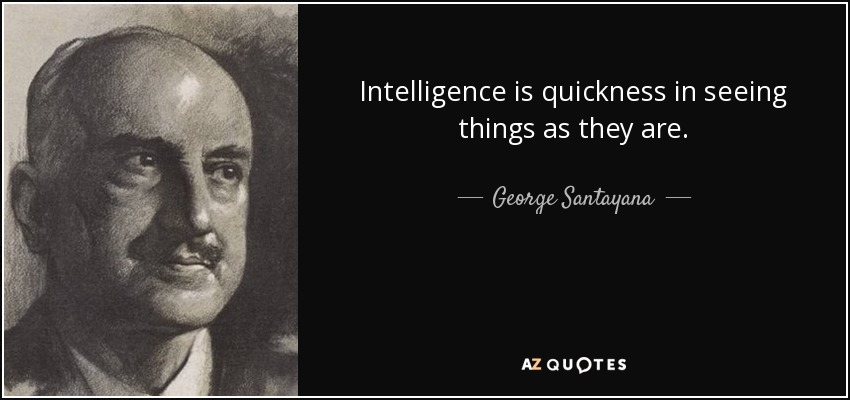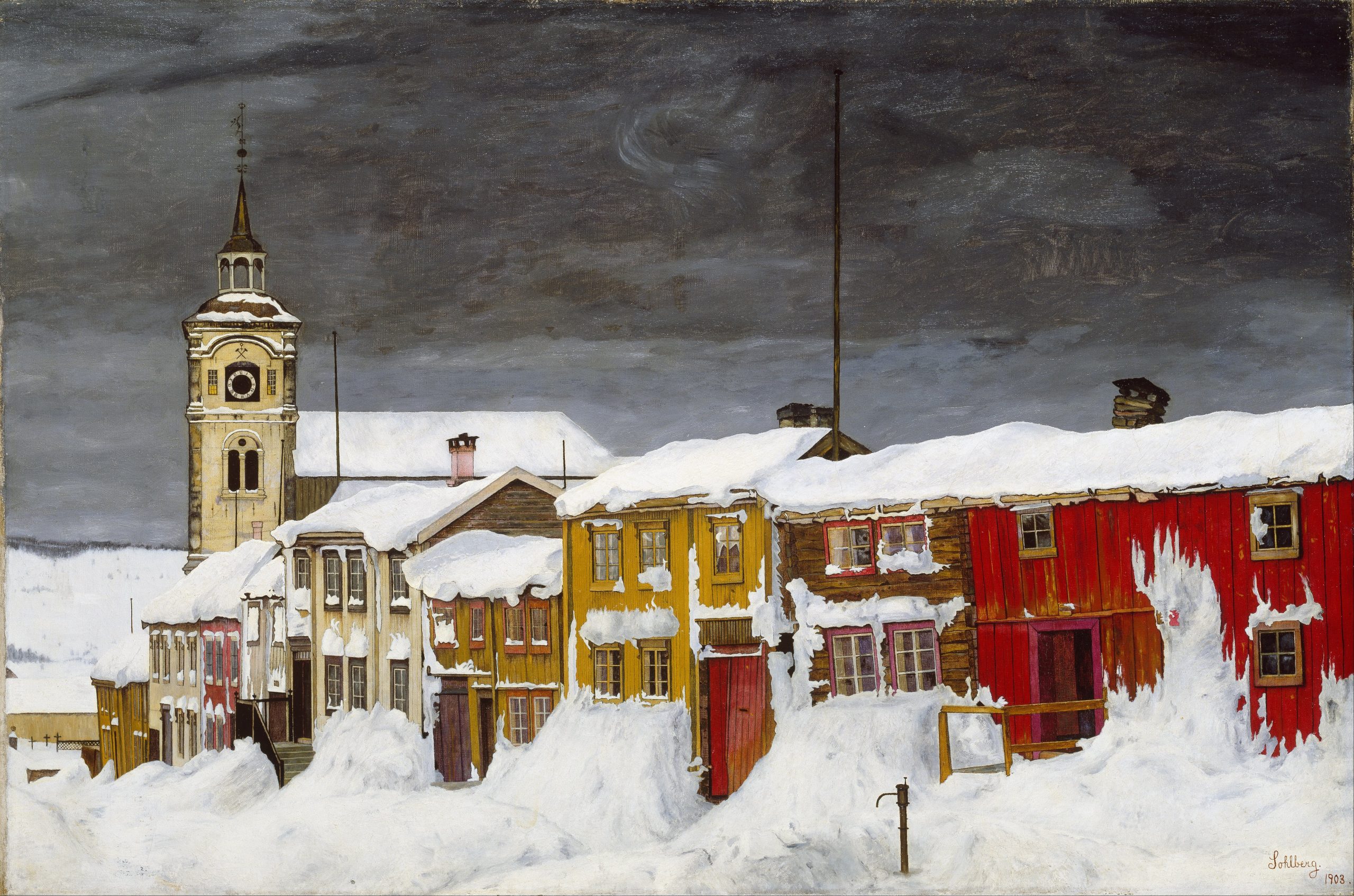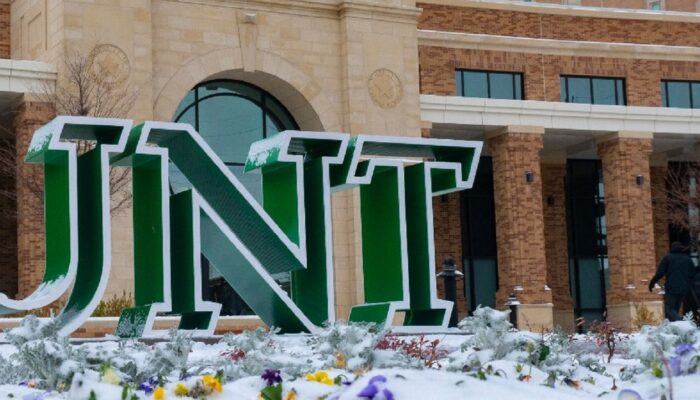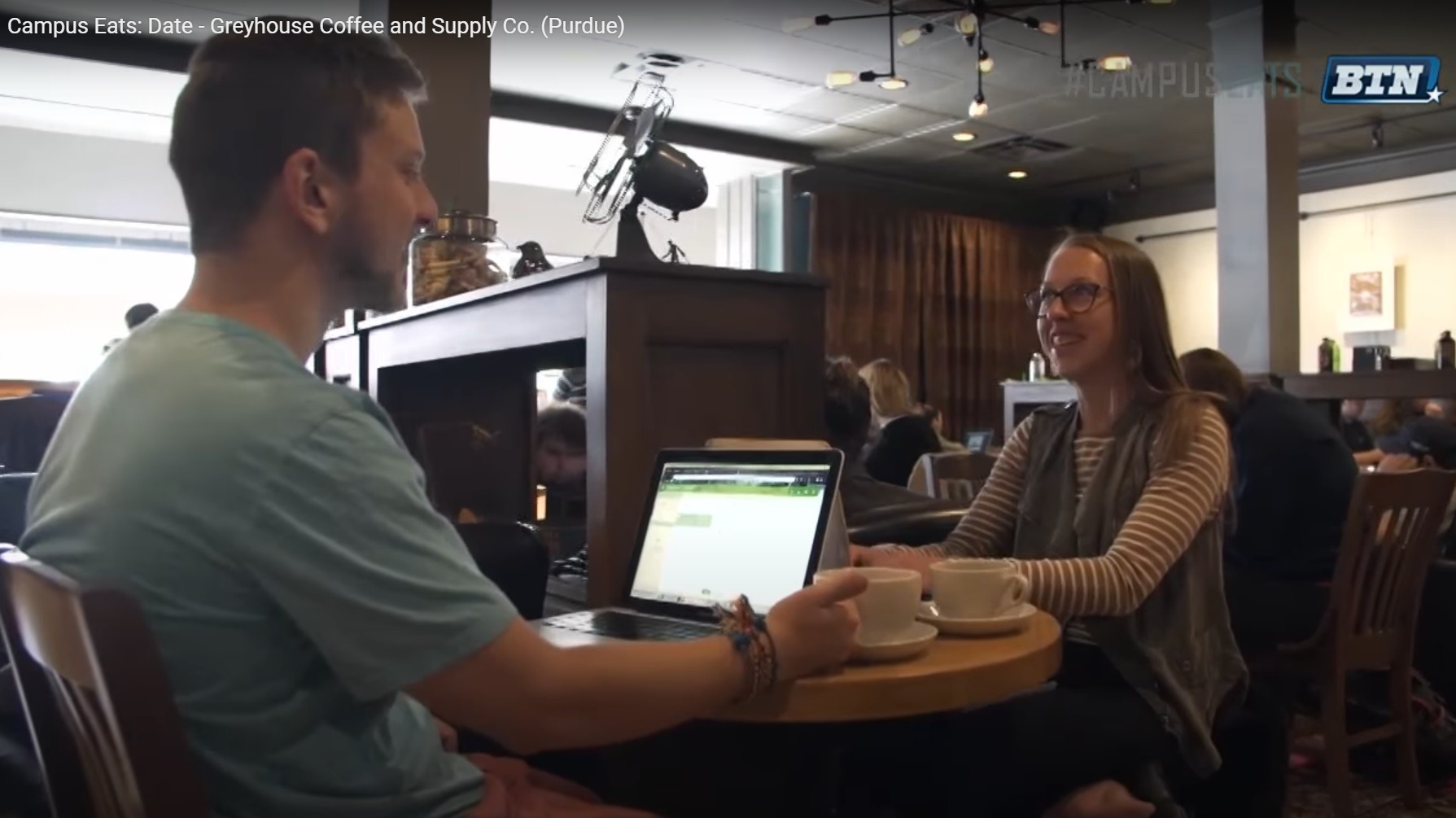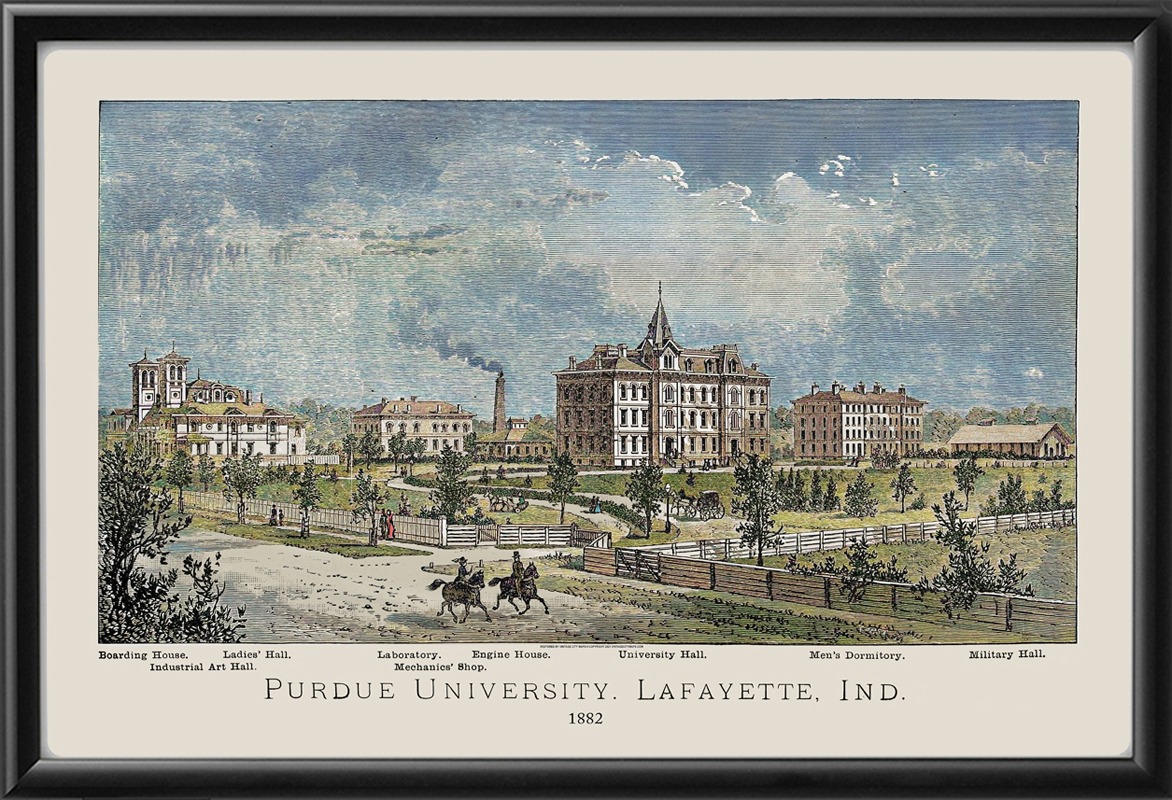National Weather Service | Cold Water Hazards and Safety
January 1st is Polar Bear Plunge Day in the Great Lakes. It is also popular among the young in other “watery” universities around the world.
2025 Windsor-Essex Ontario 2025 Polar Plunge
2023 St. Clair College Polar Bear Plunge
Polar Plunge at the University of Michigan
Earlier this month, Muskingum Athletics hosted its first-ever Polar Plunge at University Lake with Special Olympics Ohio. Through generous donations from numerous Muskingum Athletic teams, the Muskingum campus community, and the New Concord and surrounding communities, Muskingum… pic.twitter.com/F2XvyhMVZP
— Muskingum Athletics (@FightingMuskies) February 29, 2024
POLAR BEAR SWIM!
The sun came out and the temperature dropped just in time for this year’s last day of class tradition. ☀️❄️ pic.twitter.com/amCvXZCRox
— University of British Columbia (@UBC) November 30, 2019
Cold shower? Ice swimming? ‘In 2014, researchers at Radboud University in the Netherlands investigated one of Hof’s bolder statements: that his regime can be used to control the immune system.’ @radboudumc @newscientist @Radboud_Uni https://t.co/I9nqlJbUQQ
— Radboudumc wetenschap (@radboudumc_weet) April 22, 2021
Polar Bear Plunge Day https://t.co/TlUn5IWtuX via @natltoday
— Standards Michigan (@StandardsMich) December 30, 2023
Get in on the thrill of your life with the IcePod ❄️
Experiencing all the benefits of cold plunge therapy in the comfort of your own home. 💪
Get 56% OFF for TODAY ONLY! 🔥
— Space Therapy Pro (@spacetherapypro) August 28, 2023
Ice Swimming in Finland pic.twitter.com/UKfpdO1fsI
— 60 Second Docs (@60SecDocs) February 20, 2023
Pleasures and Hazards
Pleasures:
- Increased adrenaline rush: Cold water swimming can produce a surge of adrenaline in the body, which can make you feel more energized and alert.
- Improved mood: Cold water swimming has been associated with an increased release of endorphins, which can elevate your mood and reduce stress levels.
- Improved immune function: Cold water swimming has been shown to improve immune function, possibly due to the stress response induced by the cold water.
- Sense of accomplishment: Many people find ice swimming to be a challenging and rewarding experience, providing a sense of accomplishment and pride.
- Social bonding: Ice swimming can be a social activity, with groups of people coming together to share the experience and support each other.
Hazards:
- Hypothermia: Prolonged exposure to cold water can cause hypothermia, which can be life-threatening if left untreated.
- Cold shock response: Entering cold water can cause an involuntary gasp reflex, which can lead to drowning if it occurs while the head is underwater.
- Heart problems: Cold water swimming can put a strain on the heart and increase the risk of heart attack or stroke in people with underlying cardiovascular disease.
- Frostbite: Exposed skin can become frostbitten in cold water, particularly in extremities such as the fingers and toes.
- Injury from slipping or falling: Ice swimming can be hazardous if proper safety precautions are not taken, such as wearing appropriate footwear and using a rope or ladder to enter and exit the water.
St. Clair College students and staff took the “plunge” down a slushy slip n’slide to launch this year’s Polar Plunge, benefiting Special Olympics Ontario. This year’s plunge will be held Feb. 24. pic.twitter.com/j81IKXTnQ6
— Kathleen Saylors (@KathleenSaylors) January 25, 2023
There are certain events that I look forward to shooting every year — the Polar Plunge at the University of Okoboji Winter Games never disappoints!
See all of our photos from the weekend here: https://t.co/3f77mskBuD pic.twitter.com/6OJPwp7Zmh
— Matt Heinrichs (@mattheinrix) February 4, 2021


